At the forefront of modernisation in the commercial world has been the rise of startups. The Information Technology and Innovation Foundations highlighted the popularity of tech-startups, reporting that computer and electronics manufacturing startups have boosted by 78% from 2007 to 2016. Right now, America leads the global market for tech related startups, with their profits coming in at $1.6 trillion in 2019.
New technologies are constantly being implemented around the world to solve problems across various startup industries and sectors. Last year, the global community especially relied on advanced startups, local and international, and their online functions to operate in lockdown. Companies such as AfterPay, DoorDash and Uber were popular. Let’s not forget how our beloved social media apps — Instagram, Facebook, Snapchat and WhatsApp — initially launched in home offices too. We rely on services like these, everyday.
However, getting involved in this vast, fast-paced and ever-changing sector can be scary to students, particularly those who are encouraged to follow traditional career paths. Often entrepreneurship can be misunderstood and may seem overwhelming — strict deadlines, hours of planning, and a crucial need for self-discipline — but UTS Startups is here to help students dip their toes into the field, with no strings attached. Not only do they guide students in developing the skills, knowledge and confidence that needed to explore entrepreneurship, but they also host events to give participants a taste of startup culture, and inspire them to tap into their inner entrepreneur.
Recently, I had the privilege of interviewing Emma Early, the UTS Startups Operations Manager, in the impressive and progressive UTS Startups headquarters in Building 16. Emma is not only a forward-thinking powerhouse, but a former UTS Law student. As an alumna, she’s very familiar with the way UTS operates as a university and uses this knowledge to better UTS Startups for everyone involved.
During our chat, Emma explained how UTS Startups goes above and beyond in their practice, in an effort to get different types of individuals involved, especially more female-identifying entrepreneurs. She also spoke about their attitude towards work-life balance. Emma also weighed in about UTS Startup’s approach to ‘toxic grind culture’.
UTS Startups have been harnessing new technologies, with the goal to improve people’s lives. The inspiring work they do is just a small glimpse into what the high-tech future holds.
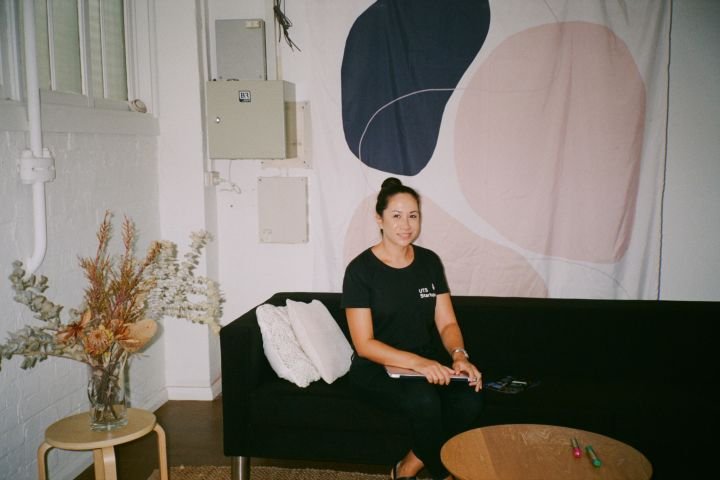
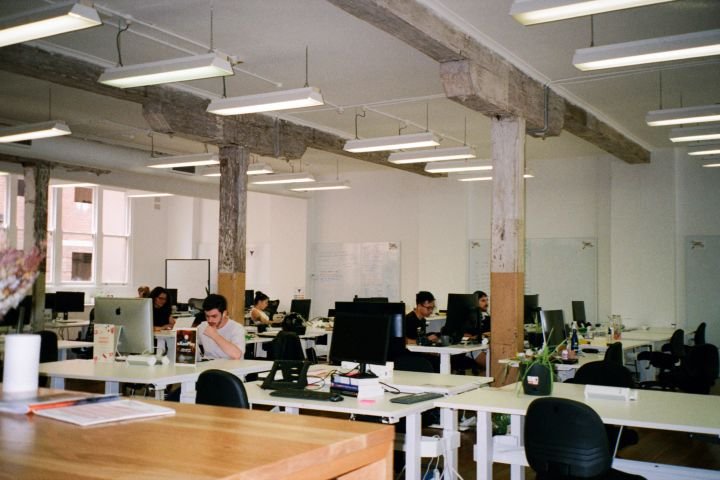
SP: What exactly does UTS Startups do?
EE: UTS Startups is the home of entrepreneurship at UTS. Our job is to inspire people at UTS to become entrepreneurs, and then support them on their journey, whatever that may look like. We do that in a number of ways. There are lots of different ways to dip your toe into the water of entrepreneurship, there are lots of different opportunities. We start by helping develop the entrepreneurial mindset and skill set by providing lots of different relevant opportunities.
At the earlier end of the scale, we want to help through workshops and events. We’ve got some online digital entrepreneurial experiences on our website (startups.uts.edu.au) that you can access on demand, whenever you want. This year, excitingly, we will hopefully be doing more of them online. Most of our things will be available in hybrid format, just so it’s more accessible. But we’re definitely finding the engagement levels on Zoom or Microsoft Teams just can’t beat in-person engagement.
"We also support students to get internships, whether they are for credit, or voluntary. All internships are great, but we focus on interning with a startup, so you can really get some insight, knowledge and experience."
We also work with subject coordinators on in-subject workshops and projects. In-subject projects are actually really cool. It might be an assignment, for example, in Digital Marketing, student teams work as the ‘agency’ and the startup works as the ‘client.’ Then you have to come up with a brief. So it’s work integrated learning.
SP: What faculties do you work with? And what are some requirements?
EE: All of them! UTS Startups is a program within the Innovation and Entrepreneurship unit, so we support all faculties. The UTS Startups community has students launch startups from every faculty.
All students need to apply an idea that addresses a large market, using technology. We’re all about scalable startups, facilitated with technology, to reach a lot of people really quickly. They need to have one person on the founding team that’s a current UTS student, or was a student within the last 12 months, meaning, other people on this team can be from outside UTS. We run an event series called, ‘Find Your Co-Founder’. So, we actually help connect people who have an idea with those who want to join their team.
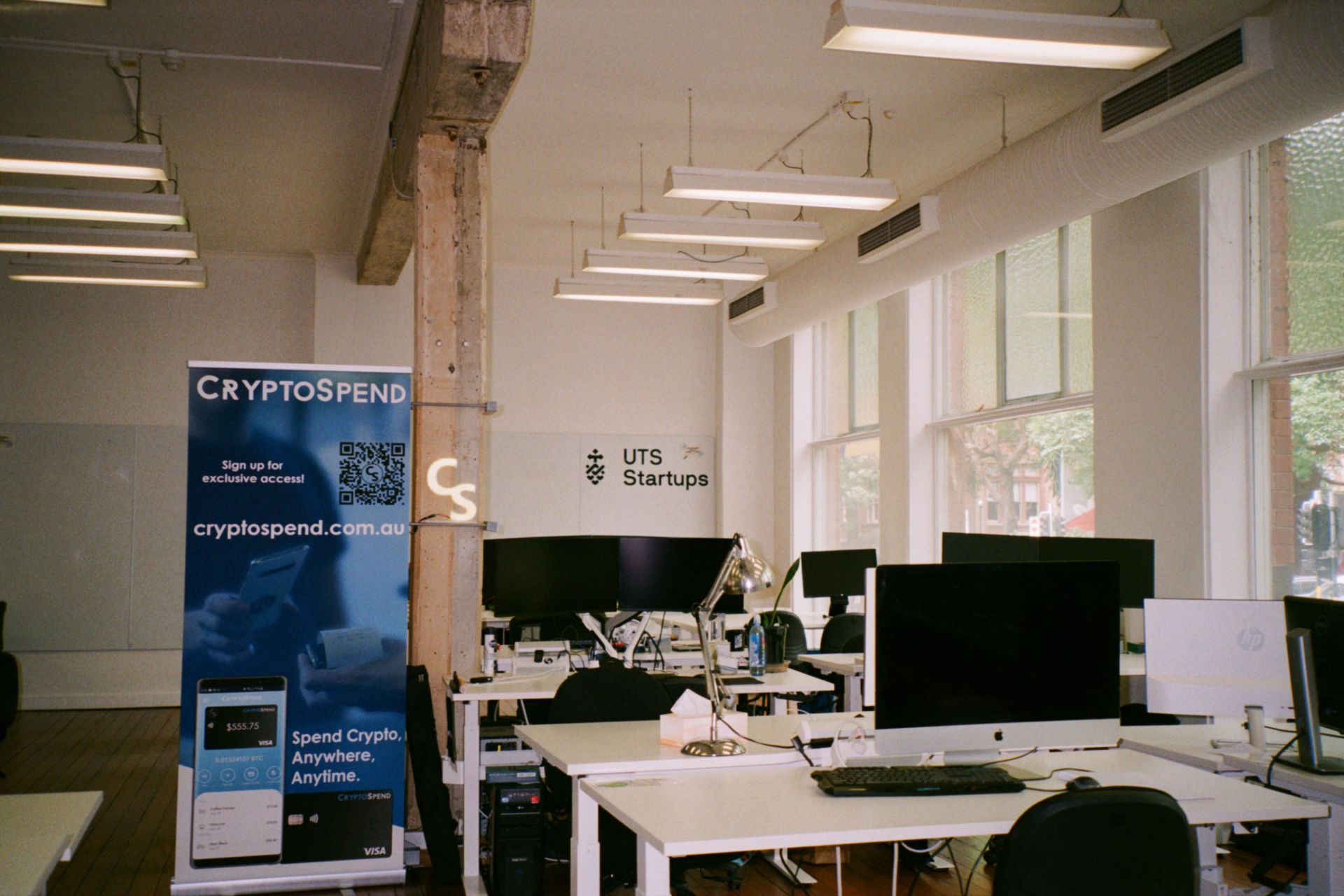
SP: How do you help your students?
EE: Through surveying lots of UTS Students and other team members, it was highlighted that there were three key pain-points in taking the next step. Firstly, ‘I don’t have an idea,’ secondly, ‘I don’t have a team,’ and thirdly, ‘I don’t know where to start.’ From that, we literally developed Find My Idea, which started off as an in-person workshop, but then creatively and quickly changed to an on-demand, digital experience. So now you can go to UTS.ac/findmyidea, and you can start having a look at your customer or potential idea, and turn that into a little elevator pitch. That might only take you 10 or 15 minutes. It’s basic but it can help you find your first idea (or second or third) and kickstart that.
The second issue was, ‘I don’t have a team.’ Firstly, you don’t need one. You can be a solo founder, and then grow and add to your team as needed. But if you do want to find someone, we run, Find Your Co-Founder. This year, we’re trying to test a collaboration with the Faculty of Engineering and Information Technology, because quite often the most common team member that someone is looking for is the tech person. Coming up soon, we are collaborating with Deep Green Biotech Hub, a program within the science faculty, and it’s going to be a ‘green sprint.’ So, a two week sprint for either people that already have a startup or students that don’t, who want to quickly find an idea, to support sustainability and the green economy. That’s exciting!
SP: Do you find that the UTS Startups space is mainly male dominated, or is there equality between male and female participation?
EE: Great question. One of the things that we’re really proud of
"..we track and also optimize for, is balanced representation and balanced participation."
I’m purposely choosing not to say equal, as some people identify as non-binary. But what is really great about UTS Startups is that we’re well above the industry average in terms of females within the community. The average, according to Startup Muster, is around the 26% mark for women in the startup ecosystem. We are sitting at 30 to 31% mark. We’re very proud that it is above industry average, but we still don’t think it’s enough. We are continuing to work on that.
Coming up is International Women’s Day. We’re opening up to everyone, you don’t have to identify as female to come, but we’re going to open to the women in our community, as well as anyone who’s not in the UTS Startups community yet. There’ll be a panel, we’re collaborating with the Transdisciplinary Innovation (TDI) faculty, as well as, Kick Your Heels Off, UTSOC and maybe more. Julia French, an academic from TDI who used to work in a lot of tech startups in Silicon Valley, will be sharing her experiences on stage, as well as, one of our startups, Y Power, who help empower young people, particularly Gen Y women. One of the cofounders will be leading a workshop to help people figure out their challenge for the year, how we can contribute to moving forward together, and getting a little bit closer to a gender balance and equality.
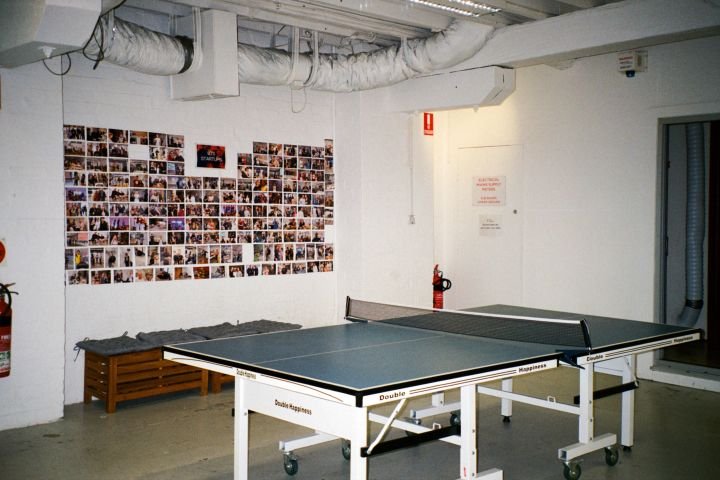
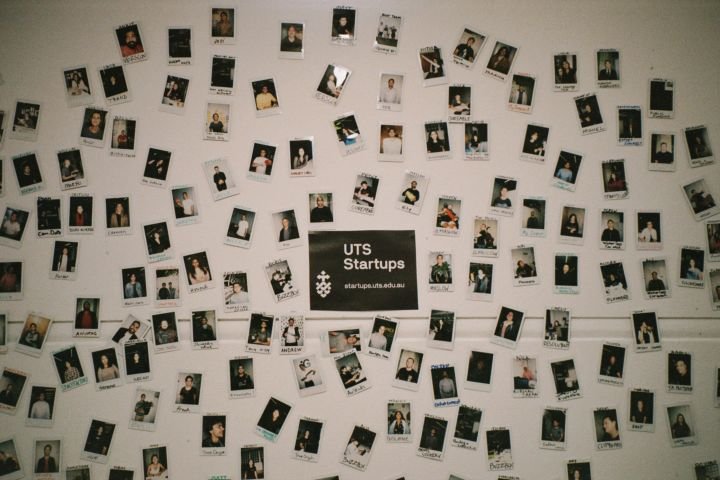
SP: What are the best projects that have come out of UTS Startups?
EE: Last year, one of the things we were proud of was to hit 400 active startups in the UTS Startups community. The more qualitative feedback we get is that students feel more confident in their skills. They had no idea what to do when they came in, how to start working on their idea, or even how to introduce themselves to someone new. And now, by coming along to events and feeling supported and having a community of like-minded people, with hundreds of other people just like them, who know their fears and what they’re going through, has been really beneficial.
SP: What are some current startups working on?
EE: Steph Weiss from Arula is currently 3D printing breast prosthesis for women who have had mastectomies, due to breast cancer.
Maslow are working on a voice directed app to support young people who are living with paralysis.
We also have Urban Plant Growers, who have developed an at-home hydroponics kit, which can grow plants, herbs, vegetables, at home on your kitchen bench. It’s nice and compact and looks great.
SP: What kind of interesting or inspiring Sydney city technology has come from UTS Startups?
EE: BindiMaps are UTS Startup members, run by UTS Students and business lecturer Anna Wright, who make physical spaces more accessible for people with vision impairments. Some of their technology is installed at UTS TAFE, shopping centers and hospitals.
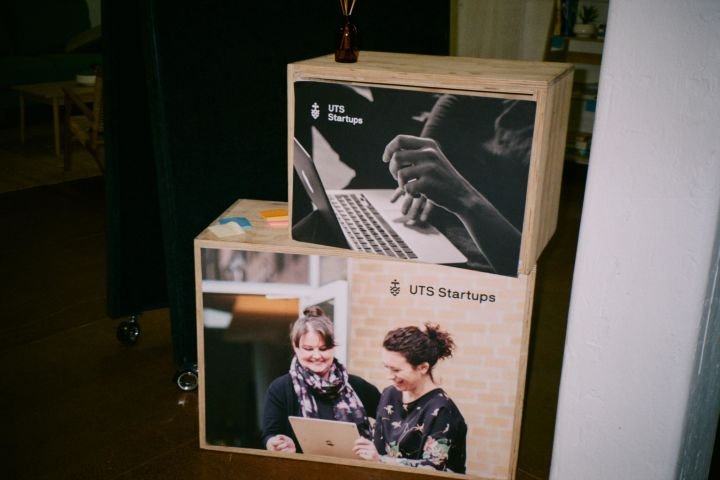
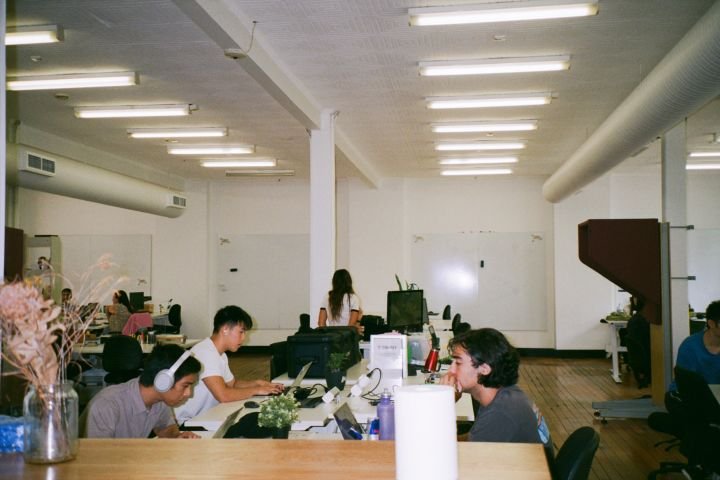
SP: ‘Toxic grind culture’ is often associated with startup culture. It’s usually promoted online through bloggers and Youtubers who support the idea of waking up at 5 am, and ‘grinding’ non-stop in order to become successful. Can you comment on this unhealthy standard?
EE: We’re not promoting that grind culture at all. I think it’s something that impacts a lot of industries, particularly in the broader startup world. It’s something we are conscious of here as well, and we try to be careful in our communications to make sure we’re not about that.
We strongly value the mental health of all our members, including our staff. We are trained in mental health first-aid and how to identify potential issues for students at UTS,
so that we can then refer them to relevant UTS counselling or other services. As part of the induction, and within our community resources, we have a mental health section to help keep it front-of-mind but also to provide resources if and when members need it.
We also have our Zen Retreat in our Building 16 collab-oration space, which can be used for a bit of quiet time — that could be meditation, or reading a book. It used to
be an old podcast studio, so it’s soundproof and can be completely dark as well. We also encourage things like community sports days. On RUOK? Day we did a group plank. It’s important to recognise that your physical health and mental health go hand in hand. So we’re just trying to have diverse and varied offerings for members so they can dip into what they need.
SP: Where can students find you?
EE: Our website, startups.uts.edu.au. On Instagram, Facebook, Twitter and LinkedIn we are @UTSStartups.

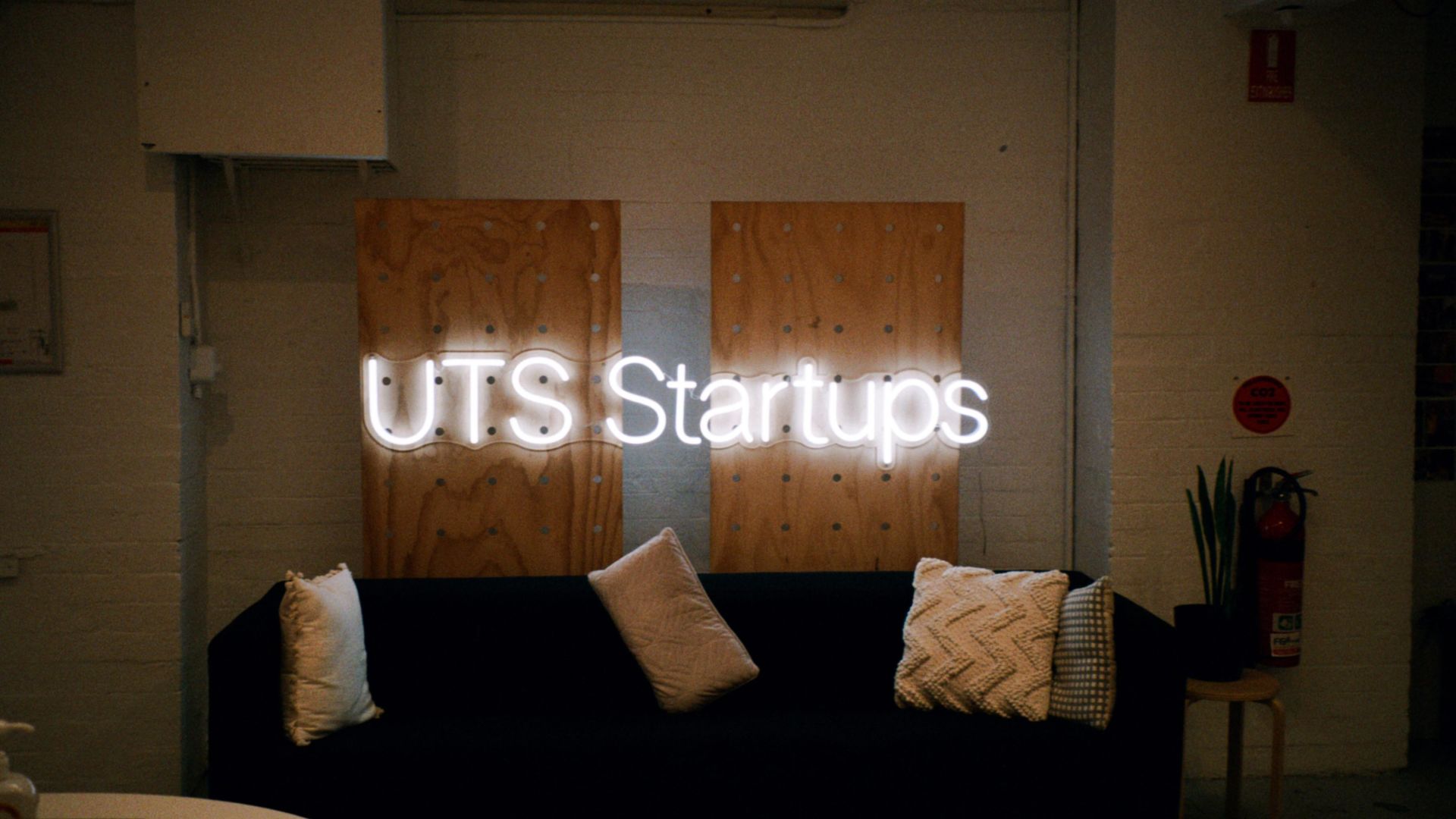
 -
-